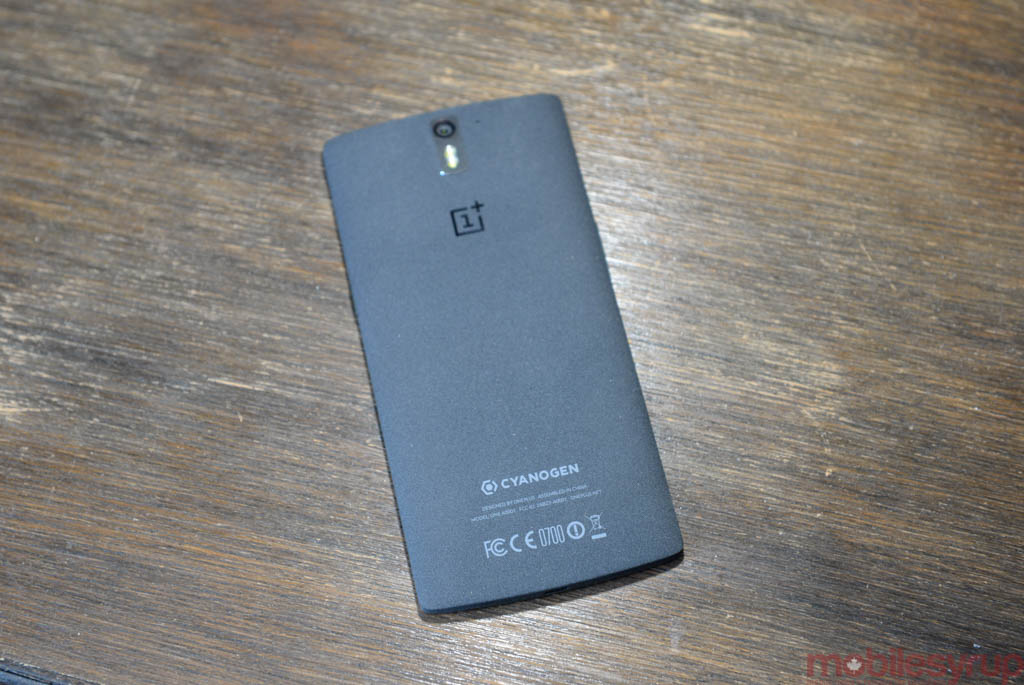
This weekend, I saw a great little movie about a boy who has trouble communicating. Identified as being on the autism spectrum, Nathan is sensitive to light and sound, and to the touch of others. He is also a numbers genius.
Nathan isn’t a real person, but he represents a growing group of individuals benefiting from the approachable and intuitive software on mobile devices. Tablet apps from companies like Toca Boca AB have helped hundreds of thousands of children interact with virtual characters, and in turn become more communicative, visually, aurally or otherwise.
Why is this important? Because smartphones and tablets are more than just pieces of metal and glass to people; they are the universes into which they sink their ideas, opinions and collaborations. They have been the catalyst for billion dollar companies in fields are varied as healthcare and education to real estate and mining.
While our focus tends not to stray too far from the consumer market, with its flashy marketing campaigns to multi-million device pre-orders, there are so many other products, like inexpensive Nokia Lumia 635 to the enterprise-focused BlackBerry Passport, that deserve attention.
There is so much happening in the mobile space these days, from product launches to OS redesigns to major app overhauls, that it’s difficult to decide what’s important. There are great stories out there, from the rise of OnePlus to the death of Nokia, that deserve just as much attention as the latest Samsung or Apple announcement.
And with the commoditization of mainstream technology, manufacturers are once again turning to personalization as a way to differentiate. Motorola once again came out swinging with a redesigned version of its MotoMaker store (though, sadly, not for Canadians) while Apple plans to offer three versions of its Apple Watch in two sizes and with myriad strap choices.
Personalization also extends to software: Android users love the ability to customize their experiences, from loading different launchers to exploring custom ROMs, Xposed modules or icon packs. And Windows Phone has banked its future on customization, with a home screen that adapts to its user.
Technology, especially smartphones, have become far more than just the blank slate they launch with upon first boot; they take on our personalities, our interests and our daily expressions. There’s no wrong choice, no incorrect decision. Personalization is so inherent to the success of the smartphone that it’s now taken for granted, but its importance cannot be overstated.
—
Things to ponder this week:
- Apple’s iPhone 6 launch happens this Friday, and the company sold more pre-orders than ever before
- The BlackBerry Passport is being announced next Wednesday. Who’s excited?
- The Samsung Galaxy S5 Active just sprung up in Canada, and it’s probably going to be a lot more popular than people think
- HTC has something up its sleeve, though we’re not exactly sure what it is
- As a camera nerd, this has me very excited
- We finally posted our OnePlus One review, and we really like it
Have a great week, everyone!
MobileSyrup may earn a commission from purchases made via our links, which helps fund the journalism we provide free on our website. These links do not influence our editorial content. Support us here.


